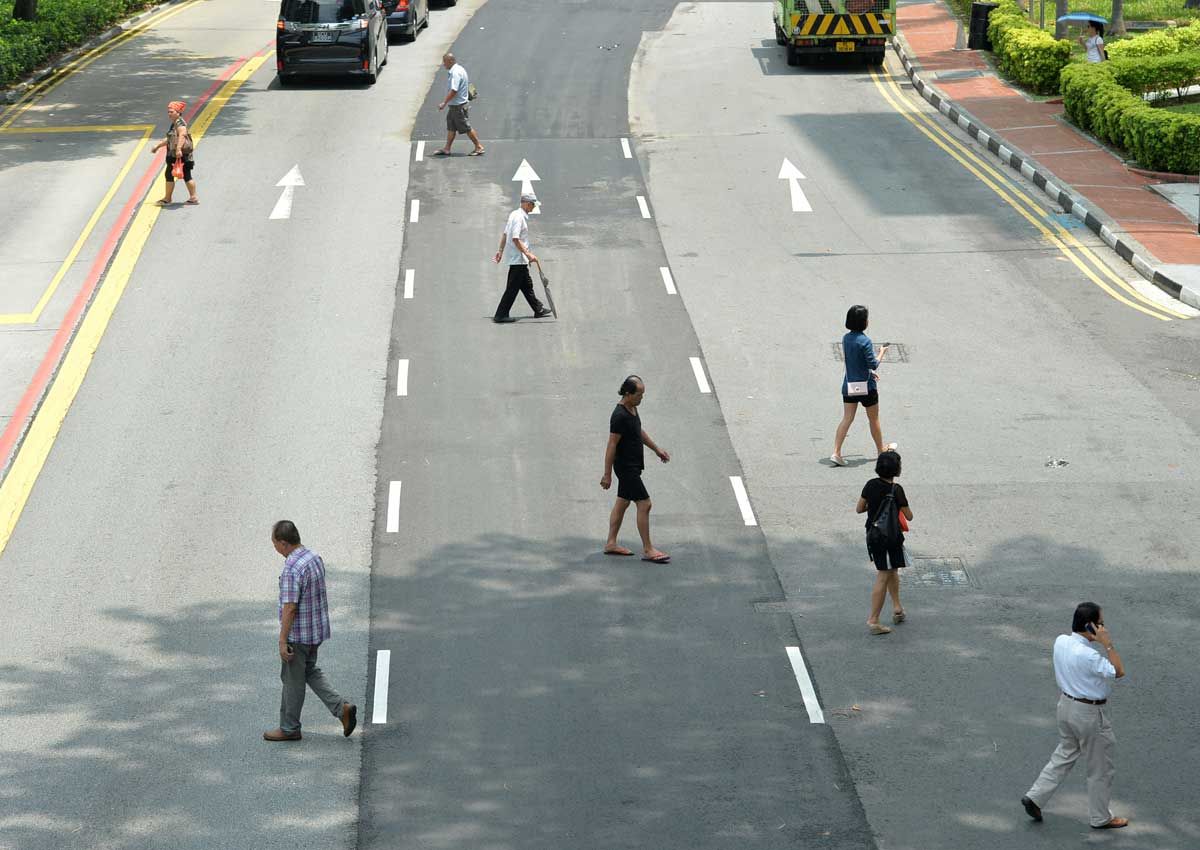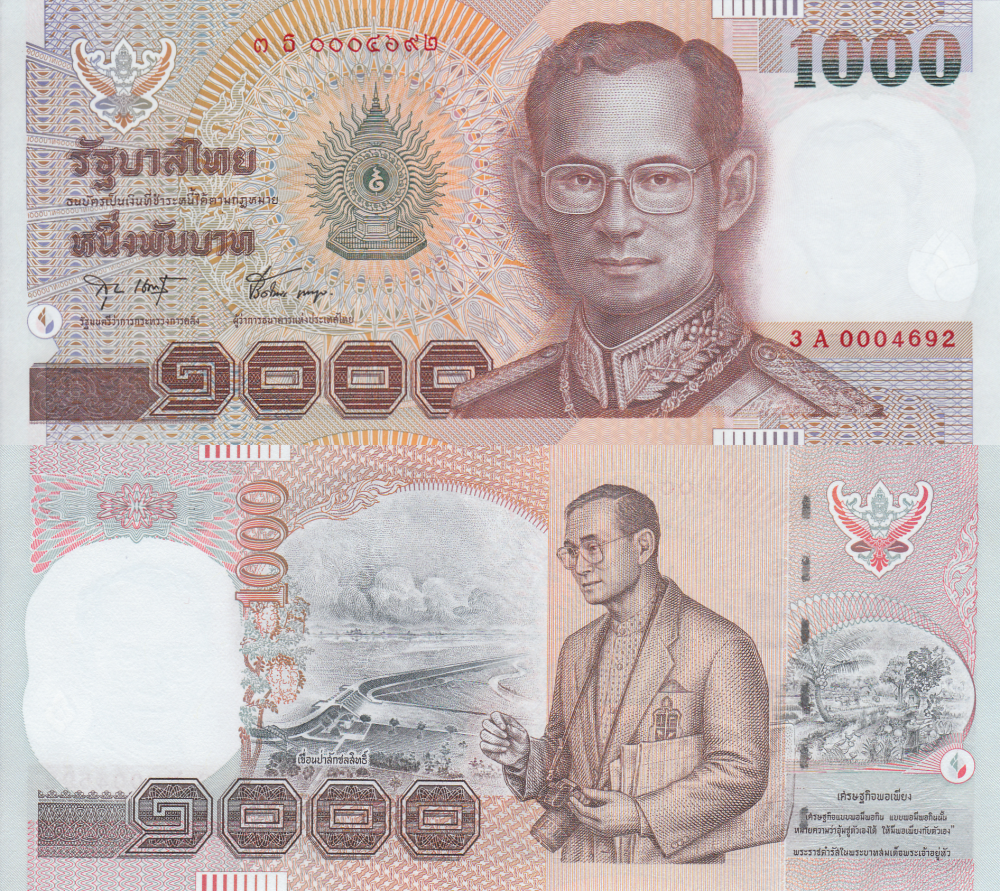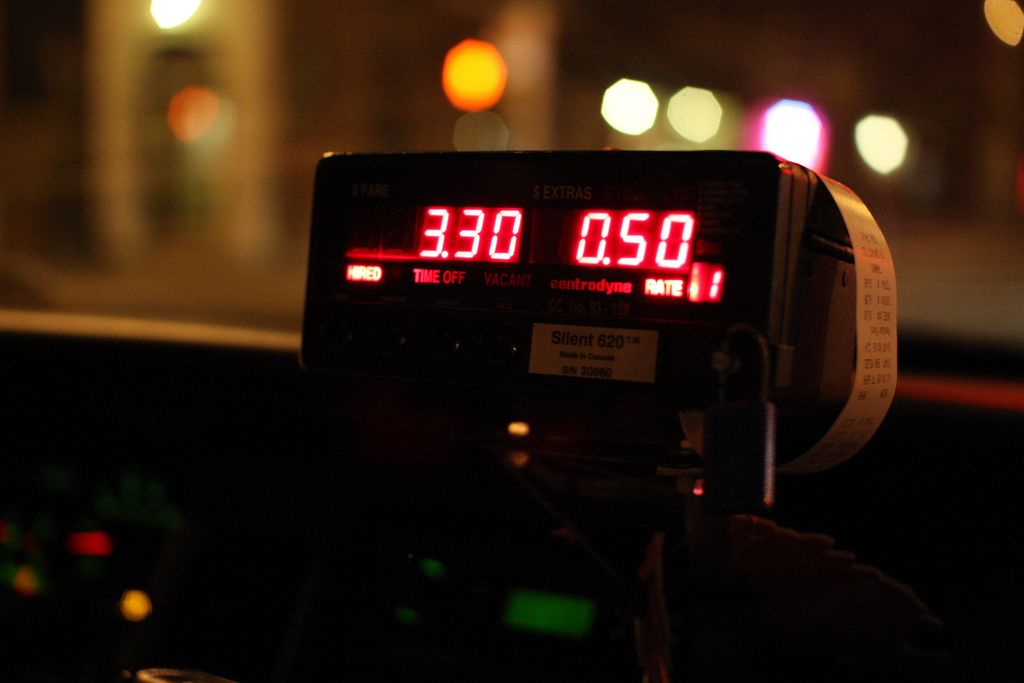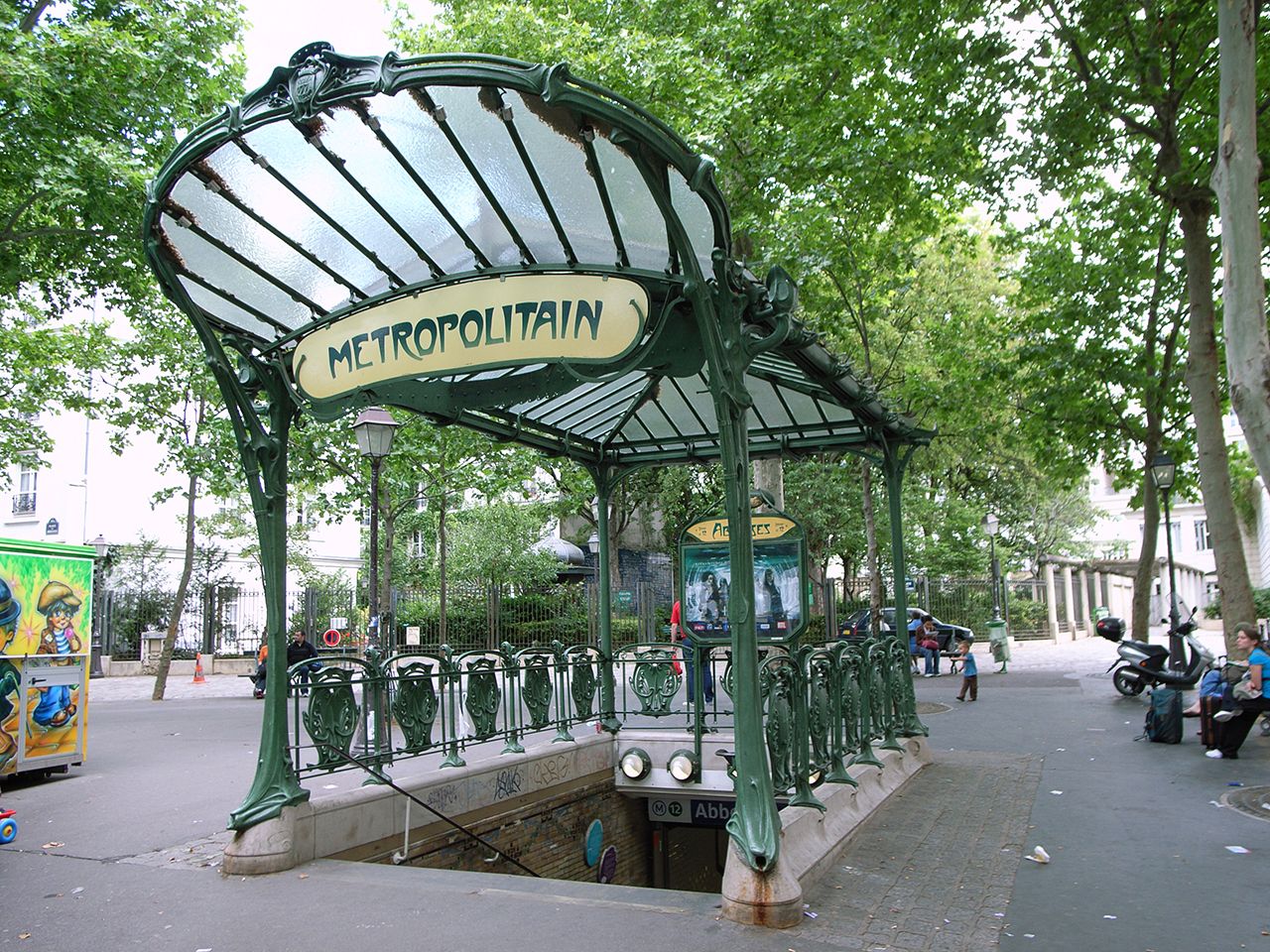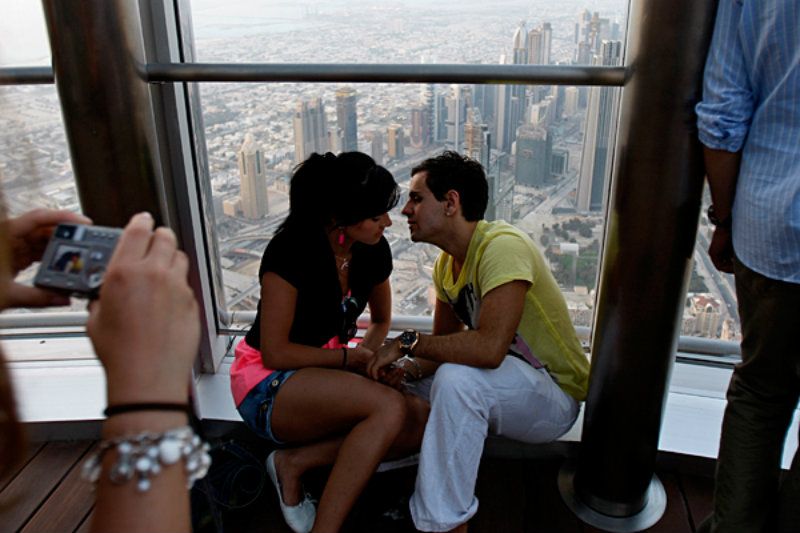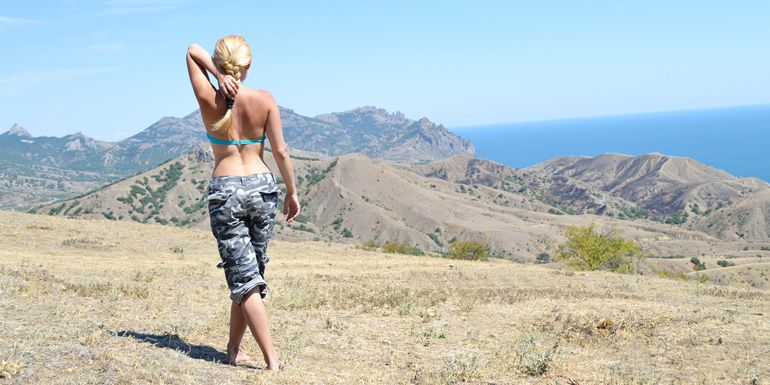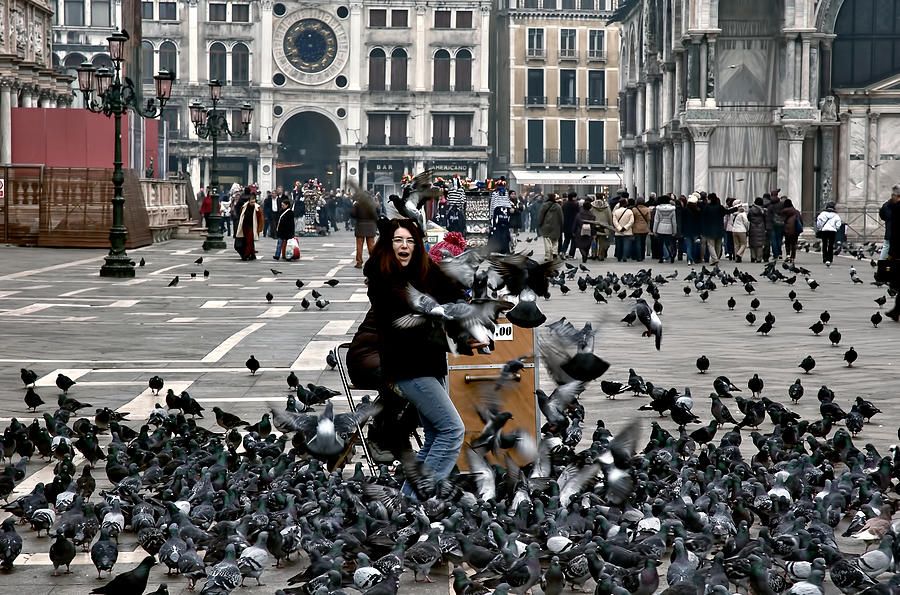Travel is a great way to broaden one’s horizons, to expand one’s mind without the use of psychoactive drugs (or in tandem with psychoactive drugs, if that’s your thing). Every trip, every journey, every vacation is a learning experience. So if you’re learning things, that presupposes that there’s something you don’t already know, which makes sense. You can do all the research about a place before you visit, but you can’t know what it’s really like until you’re there. And let’s face it, many of us don’t do a lot of research. We want a holiday not an independent study project.
But that mentality can get you in trouble. The laws and customs of your land are not the laws and customs of all the lands. And if you don’t know these laws and customs, you could make a serious faux-pas in the country you are visiting. Or worse, you could run afoul of a law of which you’ve never heard. And you don’t want to be paying a hefty fine or worse still, have to spend time in jail because you didn’t know it’s illegal to wear a cardigan in Estonia. That totally isn’t true, by the way, but it’s a kind of thing that might be true. And that’s why you need to read this list!
20 Chewing Gum In Singapore
Let’s begin with one of the more well-known cases of a foreign country having very different rules than many other nations in the world. Singapore is infamous for its continued use of corporal punishment, specifically caning. However, if you are facing the punishment of caning, then you must have known that you were doing something wrong in the first place (assuming you’re guilty, of course). There are no obscure laws for which Singapore will sentence you to caning; it’s mostly major crimes.
However, you can wind up receiving a fine in Singapore for doing something about which you’d never even think twice in most countries: chewing gum.
That's right, Singaporeans have long taken a dim view of gum and chewing it in public can result in a fine (of 500 USD!) from the authorities. Singapore prides itself on its very neat and well-kept streets, and it resents the costs it has paid in the past to clean up chewing gum. There are signs that Singapore is easing up on these anti-gum laws, however. For example, exceptions are made for medicinal gums, such as nicotine gum. Also, according to some outlets, travelers are allowed to bring up to only two packs of gum with them. However, if you’re planning on visiting the city-state, maybe just bring some mints instead.
19 Jaywalking In Singapore
Another seemingly innocuous practice which is forbidden in the island nation is jaywalking. It’s true that many municipalities have laws or bylaws against jaywalking, but in much of the world, these laws are rarely enforced. Well, not so in Singapore. First-time offenders can be issued a $15 fine and, for multiple-time offenders, these fines can grow into the thousands. So, make sure to walk those few extra steps to the crosswalk or intersection.
Littering is another offence that is punished far more often in Singapore than other countries and cities. You see, Singaporeans value cleanliness, order, and beauty, which is why it is also a finable offense to leave your waste not just on the street but also to leave your waste (ahem, your waste) in the toilet. That’s right, not flushing after you have used a public toilet is a finable offense in Singapore, although just how the authorities are meant to enforce that law is not exactly clear.
One last note on caning: although the majority of offenses that can lead to caning are serious ones, there is one offense you could commit via carelessness. Staying in Singapore beyond your 90-day visa is punishable by caning, so make sure not to overstay.
18 The Begijnhof
The Begijnhof is one of Amsterdam’s oldest inner courtyards, as well as one of the Dutch capital’s best-known landmarks. Founded sometime in the 14th century for the Beguines (members of a lay Catholic sisterhood), the Begijnhof consists of a collection of historic houses, a chapel (which is now home to ‘The English Church’), and a hidden Catholic church. The courtyard is beautiful and peaceful. And it is remarkably quiet, seeing as how it is only steps away from the busy Kalverstraat shopping street.
So you should go and see the Begijnhof, but there’s a lot you can’t do there. You can’t bring your bicycle or your dog, you can’t go with a tour group, and you can’t take photographs.
Yes, yes, I know, then what’s the point, right? Well, it’s still quite nice and pretty. The reason that there are so many restrictions on what you can do in the courtyard is because the Begijnhof is private property and still a residential home. And those residents have become pretty fed up with the loud noises from the visiting crowds, not to mention the tourists walking up to their windows and gawking at them, or worse still, taking photographs. Indeed, it was this kind of behavior that prompted the Begijnhof Foundation to restrict access and close off part of the courtyard several years ago.
17 Gambling In India
The laws around gambling are different from country to country and even within some countries themselves, so you should never assume that you know the laws restricting gambling in any country. If you do like to bet on a football match or something, always check beforehand if such activity is allowed where you’re visiting before opening up your gaming app. But India presents a very interesting case.
Pretty much everywhere you go in India, you’ll see people playing card games—outside of tourist attractions, at cafés, or just on the street. Indians, and sometimes even tourists, love to play cards. There are many different card games you can play, but one thing you can’t do is put any money on the outcome of the game. Even if the locals are doing it themselves or are telling you that it’s okay, do not get involved. Gambling on card games is illegal in India, and nothing will ruin your trip to the subcontinent like a hefty fine or spending a day or two in a hot and sweaty Indian jail. If you love card games, great. If you love gambling, not so great.
16 Insulting The Thai King
Some countries have what are called “lèse-majesté” laws. These laws criminalize violating majesty, which is to say that it makes it illegal to insult the reigning sovereign or the state. Thailand has gained a reputation among some tourists as a place where “anything goes.” This reputation is a little inaccurate, as Thailand has many of the same laws other countries have, but Thai authorities often look the other way. But while parts of Thailand are more accepting than other countries of activities such as "street" work,
there is one thing that Thais will not tolerate, and that's insulting their King.
It is illegal in Thailand to insult the monarchy. If you think monarchies are outdated and silly, you should keep those opinions to yourself if you visit Thailand. Thais have a (justified) reputation as some of the friendliest people on Earth, but they will not allow you to come into their country and insult their King. This is especially true of the recently-deceased King Rama IX (Bhumibol Adulyadej) who was one of the longest reigning monarchs in world history, as well as being particularly loved by the Thai people.
15 Damaging Thai Money
In all countries, it is a crime to destroy currency. You can’t go around doing that. But unless you’re purposely destroying thousands or hundreds of dollars, people probably won’t get on your case about it. Even if you’re not setting fire to $100 bills to light your cigar like some cartoon robber baron, you’ve probably shoved a bill into your pocket, crinkled a bill, or even accidentally ripped one. Perhaps you’ve even intentionally ripped up a $5 bill once to prove a point or something.
While you have probably damaged a bill of your own country’s currency once or twice (or maybe three times), you really ought to try your best not to do so to Thai currency. This is not because the Thai government is any more concerned with tracking the amount of currency in circulation than any other government. It’s actually because Thai money depicts a portrait of...you guessed it...the King. So, damaging various denominations of Thai baht could be seen as disrespecting the King. Therefore, if a bill flies out of your hand, don’t step on it on the ground to catch it, lest you offend some locals, or worse still, the police.
14 Getting Into Non-Metered Cabs
Another thing you should not do when in Thailand is get into a taxi cab that either doesn’t have a meter or has a driver who will not use the meter. This is not just true of Thailand but of many countries around the world like the Philippines, Morocco, Nicaragua, and many other nations too. People from fully-industrialized nations are used to simply getting into a taxi when they need one and can trust that the taxi driver will take them where they need to go for a fair price, which will be determined by the meter.
This is not always the case in other countries. Many times, cab drivers would rather you pay a flat fee than let the meter calculate the fare.
For short trips, this can be OK. If you’re staying in the Khao San Road district of Bangkok, for example, then it can be very difficult to find a cab driver willing to use the meter. If you’re only going on a ten-minute ride, you should be able to negotiate a flat fee that is not an exorbitant price. However, if you’re going to take a cab to or from any airport in the world, always use a metered cab. Otherwise, you could find yourself getting fleeced as soon as you arrive, and that’s certainly no way to start a holiday.
13 Not Tipping
Even if you do take a metered cab, you could find yourself in some trouble if you don’t add a tip at the end of the ride. One of the major differences between the economics of various parts of the world is tipping. Tipping is an expected practice in some places (such as North America) but is not common or expected in other places (Europe). And then there are places such as resorts or hotels that may be in a country where tipping is not the custom. But because they cater to tourists (many of whom might be American or Canadian), tipping is expected there.
If you find yourself on holiday and notice that all the services you get in restaurants and in bars is rather slow and people keep giving you the stink eye when you pay for your bill, you could be making a serious faux pas. Service workers in places like the United States rely on tips to make up the bulk of their wages. In fact, they are often paid under the minimum wage with the expectation that their tips will make up the difference. Therefore, if you don’t tip them, they don’t really make any money. That’s why you should always look up the tipping practices of a particular destination before you arrive.
12 Throwing Out Your Metro Tickets
One of the most nerve-racking parts of any trip can be figuring out the local public transportation. How to get from point A to point B is the first issue. But then, you have to figure out how much to pay to get to where you need to go. Are you in Zone 1 or Zone 2? Or is it Zone A? Should you get a one-way ticket or a day pass? Do you tap on and tap off or just once? It can all be overwhelming and you don’t want to make the mistake of assuming that all public transit systems work the same as yours does back home.
One mistake that many tourists run afoul are with the metro tickets themselves.
This tends to happen a lot in Europe, but metros all over the world use similar systems whereby you have to scan or submit your ticket not just as you enter but as you leave as well. If you can’t read the local language, then you might think the paper ticket you have becomes garbage once you’ve gained entry to the metro. But then you find that you can’t leave the subway station at your destination because you’ve thrown away your ticket, and this can lead to both embarrassing situations and even worse, fines. That’s why it’s always best to keep your metro ticket until you’ve completed your entire trip.
11 Criticizing The Chinese Government
Many of you reading this will be fortunate enough to live in democratic countries that enshrine your right to free speech. However, you may find yourself visiting a country that does not offer its citizens (or tourists) the same protections. One of the most infamous examples of this is the People’s Republic of China. The Chinese government is not a democratic one and does not answer to the people via elections. The Chinese government are big believers in censorship as well, blocking many search terms on search engines as well as social media sites and apps. Suffice it to say that the Chinese government does not take criticism very well.
Therefore, if you’re visiting China and eventually decide to start telling every Tom, Dick, and Harry (or rather, every Lee, Wong, and Chan) about how the Chinese government is awful and needs to be replaced by a democratic government, well don’t be surprised to find yourself being questioned by the authorities. Wanting the Chinese people to live free of censorship and be able to vote in open elections is admirable, but if you’re there as a tourist or on business, it might be better to keep your mouth shut on such matters.
10 Mary-Jane
Cannabis is a controlled substance in much of the world. In a few countries and states, it is decriminalized or even legalized. In other countries and places, it is still illegal, but law enforcement will often look the other way. In many Western countries, regardless of the actual laws, smoking pot is frequently seen as no big deal. There are many cities in Europe and North America where you can go to a public park and smoke a joint and nobody will hassle you. However, other countries and cultures have different views on drugs, and you should research these before you travel to a distant land and ‘spark up a J’.
Much of East Asia, for example, has not only stringent laws prohibiting the use of cannabis but where it is also a strong societal taboo. In Japan, for example, it is common to see drunk businessmen stumbling around subway platforms at 9:00PM on a Tuesday, but if you ask your Japanese friend if he or she wants to smoke up, you could get a mortified reaction. Many Japanese, like many Asians in general, view cannabis the same way they would other substances. There is a strong taboo on all drug use.
9 Wearing The Wrong Football Shirt
By football here, we of course mean what some call “soccer.” Fans of this sport can arguably be the most extreme in the world. In the 1980’s, Britain was plagued by soccer hooligans who brought the game into disrepute by wreaking havoc, causing violence, and even deaths in several instances. Now, although many footy fans in Britain are still passionate, violence is far rarer than it used to be. Unless you deliberately goad and taunt fans of opposing teams, you’re unlikely to suffer anything beyond good-natured banter.
However, football is not as safe everywhere as it has become in England.
Wearing the wrong football shirt in the wrong pub or the wrong section of a football stadium can lead to, at best, awkwardness and, at worst, violence. If you want to see a football match in some parts of the world, such as South America, Eastern Europe, or Indonesia, you better learn the customs and traditions before you go. If you support a specific club, find out where other supporters of that club will be and watch with them. Remember, it’s a beautiful game. Keep it beautiful.
8 PDA In The UAE
Oil-rich countries in the Arabian peninsula have been trying to diversify their economies for decades now, preparing for the world’s eventual move away from fossil fuels. One of the key industries these nations are looking at is tourism. Countries all over the Arabian Peninsula are doing more and more to appeal to tourists. Saudi Arabia, Qatar, Bahrain, and Kuwait are all somewhere along in this process, but the United Arab Emirates are in the lead in this progression. Millions of people visit Dubai and Abu Dhabi every year.
But the UAE is still a Muslim country. Therefore, their culture differs in some significant ways from most Western nations. The UAE is willing to make exceptions for tourists. For example, alcohol can be purchased at hotel bars and some other clubs, even though most of the country is dry. However,
the Emiratis are still not big on public displays of affection. If you’re there with your significant other and you’re feeling amorous, you’d better wait until you get back to your hotel before getting all hot and heavy.
Making out in public is not only frowned upon by the locals, but it is also illegal. And if you’re in a same-s*x relationship, you’ll probably have to pretend that you’re not. Homosexuality is illegal and taboo in the UAE, as it is in many countries in the Middle East and around the world, unfortunately.
7 Not Fasting During Ramadan In The UAE
This is a surprising one for many. When we think of the UAE, we think of all the glitz and glamour of Dubai and Abu Dhabi. We think of the Burj Khalifa, indoor ski hills inside shopping malls, and the pristine white sand beaches from which the Insta-babes post their bikini pics. Of course, we know the vast majority of the locals are Muslim, but we assume there are different rules for tourists and expats. And there are...to a point.
But just as a non-Christian tourist visiting America can’t go shopping on Christmas Day, non-Muslims in the UAE are also restricted in what they can do, like eat. During Ramadan, observant Muslims fast from dawn to dusk. And even if you’re not Muslim, if you’re in the UAE, you will fast too. Of course, if you’re at home or at your hotel, you can eat any food you already have there. Police officers won’t burst in and arrest you for munching on some Cheetos. But you can forget about going out to eat. You’re unlikely to find any place willing to serve you until sundown. So, make sure to buy some nuts and squirrel them away at night so you’ll have something to eat during the next day if you get peckish.
6 Dressing Immodestly
On the tourist beaches in the UAE, you can wear whatever you want (as the Insta-babes mentioned above will attest to). But there are many parts of the UAE, the Middle East, and the world at large where you can’t just wear whatever you want. People in Western countries are, generally speaking, much more comfortable showing skin than many people in other cultures around the world, especially Muslim cultures.
That’s why when visiting Muslim-majority countries, you don’t see many people wearing halter tops or miniskirts.
And it’s not just an unwritten rule; many countries have laws dictating what can and can’t be worn. And then there are religious sites to keep in mind as well. There are many mosques and temples where women must cover their hair. And there are Buddhist shrines in Asia where shorts are not permitted, but this is less a case of restricting immodesty as much as informality. Of course, most of these laws and customs restrict what women can wear. As long as men are wearing a shirt, they can usually get away with anything, no matter how awful their outfits look.
5 Wearing Beach Clothes And Flip-flops
Another place that doesn’t like to see bikinis throughout their city is Barcelona. In Barcelona’s case, this has less to do with religious modesty than it does with just basic good taste. Tourist numbers are so high in Barcelona that the locals feel overrun at times. And they’re tired of seeing dudes in board shorts and tank tops milling about their city and crowding around La Boqueria. They don’t want to see you ladies walking around Sagrada Familia in your bikini tops and sarongs either. Wear beach clothes at the beach and real clothes in the street, unless you want to get fined.
And don’t put on those flip-flops if you’re about to take a drive. This is not a Barcelona law but rather a federal law for the whole nation of Spain. It is illegal to drive in Spain while wearing flip-flops. This law is presumably less about haute couture and more about safety. So if you do take a drive to the Beach in Barcelona, or in Málaga, or Valencia, or wherever, make sure to bring a proper pair of shoes with you lest you get pulled over and issued a ticket.
4 Wearing Camo In The Caribbean
Continuing the theme of the fashion police, we have a law that is present in several different countries. In the Caribbean, several nations have laws prohibiting civilians (or tourists) from wearing camouflage clothing. I’m sure there are many of you reading this who wish your government would outlaw dudes from wearing camo. But this law is not about policing people’s questionable sartorial tastes. It is actually much more grave than that.
People can’t go around wearing camo fatigues in Jamaica, Barbados, the Dominican Republic, and other nations because these governments don’t want civilians to be mistaken for military personnel.
More to the point, they don’t want civilians impersonating military personnel. This has nothing to do with Halloween or costume parties and everything to do with theft, kidnapping, and other crimes. These Caribbean nations are trying to curb criminals from posing as soldiers in an effort to fool, rob, and kidnap people. If you’re just a happy tourist on your way to a beachfront resort, people are unlikely to confuse you for a soldier. But even still, you should leave those fatigues at home. (Or better yet, in the trash perhaps.)
3 Wearing High Heels In Greece
We round out our quartet of fashionista laws in Greece. If you’ve booked a trip to Greece, don’t worry, you can still wear your high heels. You can wear them to a restaurant, you can wear them to the club, and you can wear them walking around the city if you want (though that is probably a bad idea for a long day of being a tourist). But there some places where you can’t wear them. And those places are historical and archaeological sites. And in Greece, there are a lot of historical and archaeological sites.
The reasoning here, according to some sources, is that high-heeled shows focus a human’s weight on very narrow surfaces; extremely narrow if we’re talking stilettos. So that puts more pounds per square inch pressure on a single spot. And this can damage ancient structures and surfaces. One can’t help but wonder if this is more for the safety of the tourists than the tourist attractions, however. After all, you don’t want a bunch of well-dressed women stumbling about the Parthenon because the uneven thousand-year-old surfaces are too difficult to navigate in their six-inch heels. Just put on some comfy shoes. It’s common sense.
2 Feeding Pigeons In Venice
There are two things Venice is swarmed by: pigeons and tourists. And there are measures in place to restrict both. If you want to visit Venice, do not do so via a cruise ship and stay in a hotel (ideally locally owned) and not an Airbnb. And whatever you do, do not feed the pigeons, especially in St. Mark’s Square. This is because Venetian pigeons are gremlin-like and will transform into bloodthirsty monsters and devour you and everyone you love if you feed them some breadcrumbs. Actually, they won’t. They’re just pigeons. But there are waaaaaay too many of them.
That’s why the Venice municipal government passed a bylaw making it illegal to feed them. Sources differ on whether this bylaw applies only in St. Mark’s Square or is a city-wide ordinance, but to be safe, best not feed them at all.
It’s funny, in most of the world, urban residents have a pretty dim view of pigeons and the ubiquitous avian city-slickers often being referred to as “flying rats.” But in St. Mark’s Square, tourists expect a large flock of pigeons and often delight in their presence. But the massive amount of bird droppings are actually degrading much of the city’s historical monuments.
1 Bringing Certain Items Into The Maldives
As we discussed earlier, the consumption of alcohol is prohibited in Islam. Muslim countries vary with respect to how much they will allow tourists to buy or drink alcohol. The Maldives is a Muslim majority country. Tourists have been flocking to the idyllic island nation for years to see its beautiful sandy beaches before, you know, those islands are consumed by the rising sea levels of the Indian Ocean. Despite the Maldives’ encouragement of (and dependence on) this tourism, they will not allow tourists to bring alcohol into the country. So if you’re going to visit, leave the booze at home.
But that’s easy enough. Just don’t bring liquor, and if you forget, a customs agent will confiscate it. Oh well. But there are certain other items you should not bring. Items of a far more intimate nature. Both adult content and...ahem...“marital aids” are not permitted in the country. Unless you’ve yet to discover the internet and are still carting around nudie magazines from 1982, then this ban shouldn’t be too much of a problem. But if you’re hoping to get frisky with your significant other (or alone), you best do it the old-fashioned manual way. You don’t want a Maldivian customs agent rooting through your luggage and pulling out your toys now, do you?


